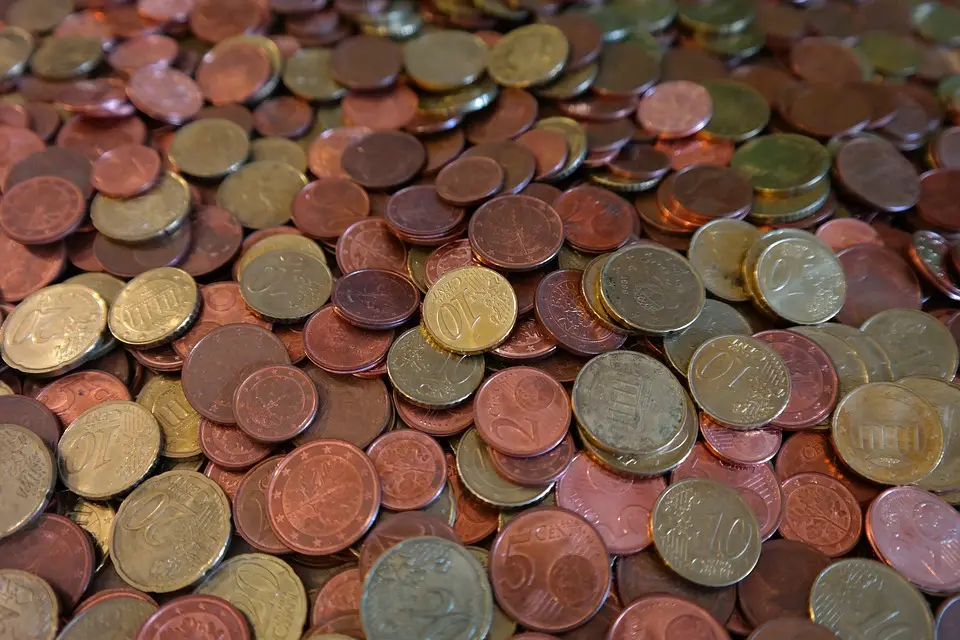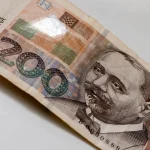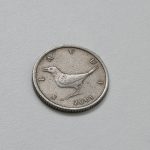As Poslovni Dnevnik writes, will Croatian hospitality establishments double up as unwilling exchange offices during the first half of January? Who will have enough euro coins and cents and who won’t? How will cash registers be closed on New Year’s Eve? These are all questions currently troubling Croatian hospitality establishments, as with store closures, they’ll be the first port of all for all euro transition confusion.
Cash problems
Dalibor Kratohvil, the president of the Croatian Chamber of Trades and Crafts (HOK), said that the state was asked, considering that on New Year’s Eve there will be a lot of pressure on Croatian hospitality establishments, to continue making it possible to return the difference when giving people change in kuna.
“The Ministry answered saying that it is clearly written in the Euro Act, in Article 40, Paragraph 2, which says that in the first two weeks of January, in exceptional cases, they can return kuna, if there are no euros available to them at that moment in time,” said Kratohvil, noting that this is only in exceptional cases such as a shortage of cash in euros.
When speaking about the concrete adaptation of the hospitality sector to the introduction of the euro, Hrvoje Margan, vice-president of the Catering Guild at the Croatian Chamber of Trades and Crafts, said that as far as the technical part is concerned, anyone who is a little more serious about things is ready for it and can do it.
“I think we’re all somewhat ready and have a vision of how we’ll work, and the biggest problem was that, in order to take some kind of advance supply of money, you had to have enough money in the bank account, and it’s not like we’re sitting on millions,” he stated.
Closing the cash register
He added that IT experts did a good job and prepared the software for the transition to the euro. Thus, if and when a guest pays in kuna, the difference that they must return will be automatically converted into euros. Explaining what will happen at midnight from December the 31st (today) to January the 1st, he stated that, in order to be able to start anew on January the 1st, Croatian hospitality establishments would have to close their cash registers on December the 31st, make a calculation in kuna and then start working again. They’d then have to close all open items until then. The state, he added, came to the rescue and raised the cash limit from 10,000 kuna to 40,000 kuna for this purpose.
Clarifying what could be problematic when the euro comes into force, the vice president of the Catering Guild said that it isn’t really a problem if a guest has a bill of 15 euros and pays it with a 200 kuna note, but when someone pays for a coffee of 1.60 euros with a 500 kuna note or more, then issues will arise.
“We’re all afraid, not only cafe, restaurant and bar owners, but others as well, of becoming exchange offices,” he stated, and when asked what about rounding up of prices and expected price increases, he added that he doesn’t expect that to happen because in this situation, when people are looking at every single kuna, there isn’t really much room for that.
“I don’t know if any of my colleagues touched their prices at all, or if there’s been price rounding, I don’t expect that there will be any big price increases. Specifically, if we take for example coffee, which is now 12 kuna, it will cost 1.60 euros, or 12.07 kuna, from the New Year onwards, so there won’t be a significant difference,” he concluded.
For more, check out our dedicated news section.












